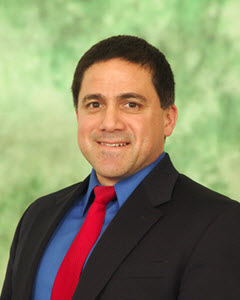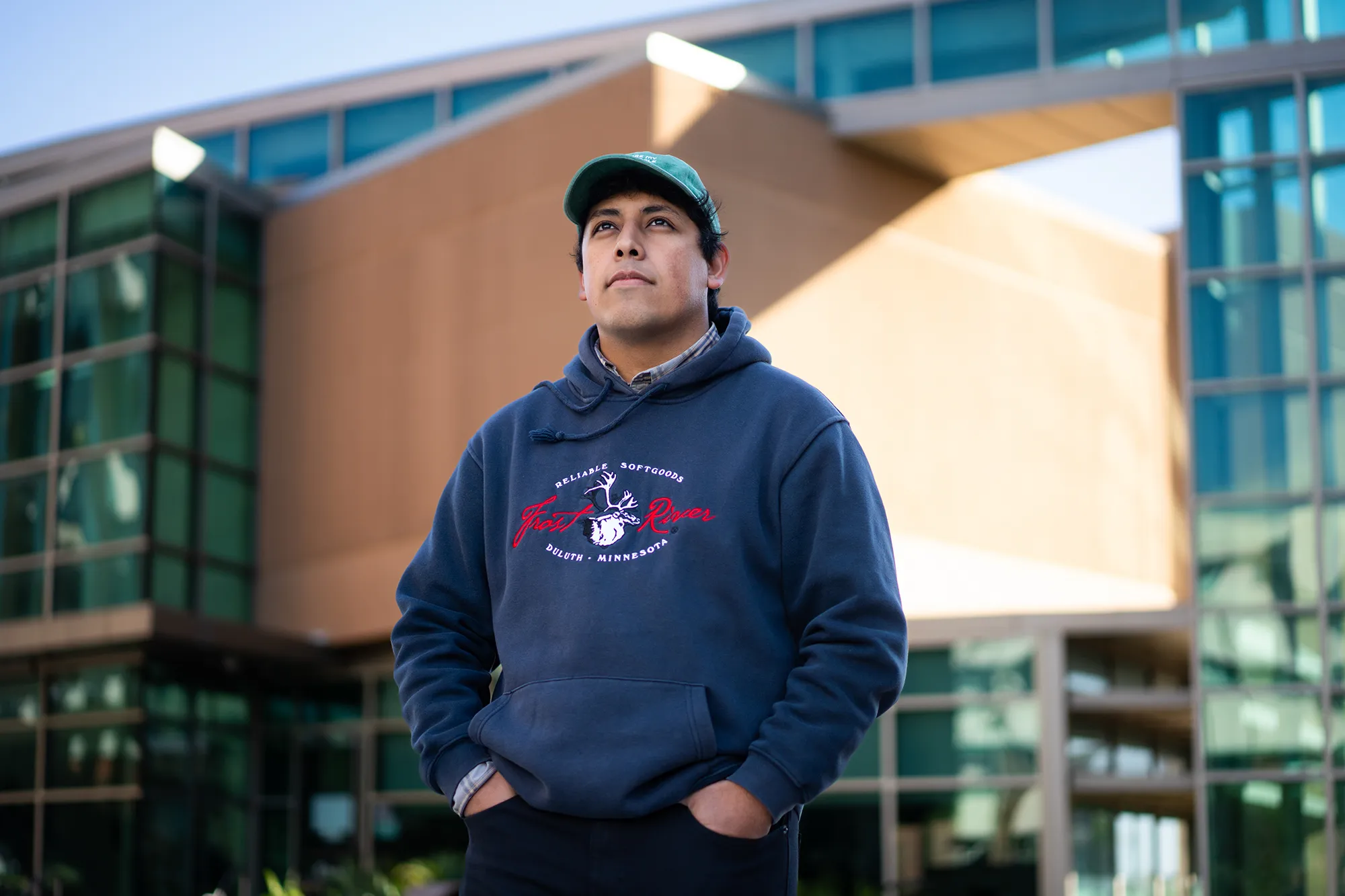By Alfredo Santana
Contributing Writer
VERNON — Two property owners with homes that have been cleared of lead from the former Exide Technologies plant revealed in a virtual community hearing conducted by the state Department of Toxic Substances Control that they are being sued for cleanup expenses.
The online meeting was initially called to provide stakeholders with updates on 3,200 properties slated to be cleaned by year’s end and to brief the audience on plans to tear down the Vernon facility and capture airborne particles lodged in encapsulating scaffolding inside the industrial perimeter.
But an area resident who gave only his first name, Armando, complained that the cleaning contract signed with the state’s agency stated that cleaning participants would not be held liable for third-party lawsuits related to the environmental damage caused by the plant.
National Lead Industries, one of the defendants in California’s lawsuit to recover $136.5 million for cleanup expenses, has sued Armando and another property owner for parcel decontamination.
Grant Cope, deputy director of the state Department of Toxic Substances Control, said the lawsuit filed by National Lead Industries, a paint maker, amounts to bullying tactics from a polluter trying to discourage future residential cleanups, and who is willing to add more pain to residents of working-class neighborhoods negatively impacted by the pollutants leaked by Exide Technologies during its operation, which began in 1922.
He also called the lawsuit “unscrupulous.”
Cope said his department is evaluating the full scope of the action, and plans to bring additional assistance to residents slapped with the suit. He apologized for the legal inconvenience and pledged to fight back.
Cope encouraged residents to consult with attorneys, but declined to commit paying for legal representation due to the ongoing investigation to quantify the targeted residents and the claims set forth by the plaintiffs.
The Department of Toxic Substances Control has not named or hired lawyers to support residents hit with the National Lead lawsuits, Cope said.
“It’s a bold tactic by big polluters to place their fingers in all we are doing,” Cope said. “Our understanding is that [National Lead Industries] identifies government agencies and companies in the area that have been cleaned up.”
National Lead Industries is a publicly traded company in the New York Stock Exchange, with corporate headquarters in Dallas, Texas. The company is owned by Vahli Inc., the owner of CompX International Inc., a manufacturer of ball bearing slides for drawers and cabinets, and Kronos Worldwide Inc., a global producer and seller of titanium dioxide pigments.
A quarterly earnings statement filed with the federal Securities and Exchange Commission April 30 indicates the company has environmental legal liabilities of $93 million “related to approximately 32 sites,” including $64.7 million in due payments the next five years stemming from a class action suit to locate and remove lead paint in seven California counties and three cities.
Armando said his attorney has requested a $5,000 retainer.
Cope explained that the cleanups around the Exide battery plant are unique in the United States, because most environmental contamination caused by industries affects non-residential, rural and undeveloped lands and water sources.
The current lot cleanups, which include removing lead-polluted soil six inches deep from accessible front and backyards and washing landscapes, cement and permanent fixtures cost on the average of $50,000 per property.
Odd-shaped properties found on hill slopes with narrow streets hard to access for crews with excavation tools, machines and other heavy equipment raise the price tag up to $80,000. Those properties also require landscape studies from civil engineers and architects to avert soil and structural collapse.
Initially, the first cleanup contracts with Parsons Environmental assumed cleanup costs for the first 1,910 properties at $1,937 per parcel.
Residential Cleanup Project manager Peter Ruttan reported that 175 workers are mobilized a day decontaminating soiled properties, and as of Aug. 27, the department had collected samples from 8,604 properties with 1,499 still to go because staff lacked access from owners or tenants.
So far, the agency has completed soil removal and replacement on 2,481 parcels, and it is on schedule to finish its projected goal of 3,200 by December, Ruttan said.
“If a property owner has previously been reluctant to participate, that person should re-engage to participate in the cleanup program,” Ruttan told the online audience.
The process of cleaning a property takes about 60 days, starting from meetings to inform residents about safety protocols and procedures before excavation, to detailing landscapes after new soil, plants and permanent fixtures are reinstalled or replaced.
In addition, 329 properties found in the Wyvernwood Garden Apartments near Boyle Heights have been identified for possible cleanups, with 18 already finished.
And owners of 69 units at Estrada Courts Apartments have agreed to receive cleanup crews as of Aug. 13.
On parkway decontamination, the agency mailed out 21,000 survey forms to get feedback from residents on cleanup feasibility and use of the strips of land between the sidewalk and curbsides, with only 600 full responses.
The agency plans to collect 400 additional answers before it proceeds with projected decontaminations. All survey results and comments will be documented and made public on the department’s Exide website.
A group of area residents has accused its employer, EFI Global Inc., of racism and unfair labor practices and implored the Department of Toxic Substances Control to stop doing business with the environmental cleaning company because management and staff called them derogatory names, and told them to sign off on documents that called for union representation.
The petition came after the Department of Toxic Substances Control began soliciting online bids from environmental cleanup companies to start decontaminating 2,000 additional properties within the 1.7-mile radius blanketed by lead fumes from the former battery recycling plant.
The Exide cleanup project ensured a needed cash infusion of $454 million this year from Gov. Gavin Newsom and the state legislature to continue cleaning efforts in East Los Angeles, Maywood, Boyle Heights, Huntington Park, Commerce and Bell, with 6,800 remaining properties gauged with dangerous levels of lead for adults and children.
EFI Global signed a contract worth $1,376,524 on Dec. 30, 2019, to procure lead property cleanings through June 30, 2021.
Former employee Peter Reyes said that on top of enduring breathing lead pollution, blue collar residents were mistreated by project managers and office administrators who were disrespectful of their Native American roots.
He also accused its former employers of bullying cleaning crews into staying silent about working conditions.
“We don’t want that contractor back at the site,” Reyes said. “It’s our feeling that the community does not want this contractor back.”
Reyes asked Cope to amend hiring contracts with a clause of a 15-day layoff notice, because he was let go at the height of the pandemic last summer without warning when residents shunned cleanings due to fears of COVID-19 transmissions.
Cope said his department will launch independent investigations on each labor complaint, and congratulated Reyes for being willing to talk.
He said the residents’ voice is important and they are well positioned to report abuses from unscrupulous bosses.
“This is one of the most important cleanup sites in the state and in the nation,” Cope said. “I do want to have a conversation with the unions and contractors. You can really present well the issues that are going on in the community.”
“This is one of the most important cleanup sites in the state and in the nation.”
— Grant Cope, state Department of Toxic Substances Control












